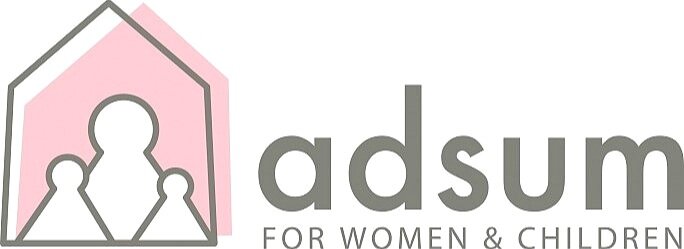Enhancing Our Understanding on How to Be Trans Inclusive
Here at Adsum, we strive to create an inclusive environment for all women, gender-diverse people, and their families. A key component to ensuring we are working toward a healthy environment for service users and staff is providing staff workshops to better enhance their understanding of working from an anti-oppressive lens that is inclusive of the experiences and the needs of not just cisgender women BUT all women, trans and gender diverse people looking to access our services and supports.
Trans and gender-diverse individuals face additional barriers when accessing housing and housing support in comparison to cis-gender people. In addition to that, some often feel uncomfortable accessing gender-segregated spaces due to fear of experiencing trans-related discrimination from staff or other residents. This fear heightens for trans individuals whose identities intersect with other historically oppressed groups such as Black, Indigenous, a person of colour, or a person living with a disability. A study in Toronto reported many trans men feared for their safety when using men’s shelters leading to 29% of them using women’s shelters instead.
Unfortunately, some individuals often opt to stay with an abusive partner or family members or engage in other forms of high-risk behaviour to secure a place to stay, instead of accessing support within a shelter, to avoid trans-related forms of discrimination that may arise from interactions with staff or other residents.
This Fall, Adsum has been working with the team at the Restorative Approach to host a Beyond the Binary Workshop, a training developed to help attendees work through a guide on how to make an organization include Two-Spirit, trans, non-binary, and gender-diverse people. We are extremely excited to offer this session, especially on October 19 – International Pronoun Day.
Special Thanks to the team at Restorative Approach for the training session and for developing resources on how to better support gender-diverse people living and working within our communities. To learn more about these resources, visit the Legal Info website linked here.
